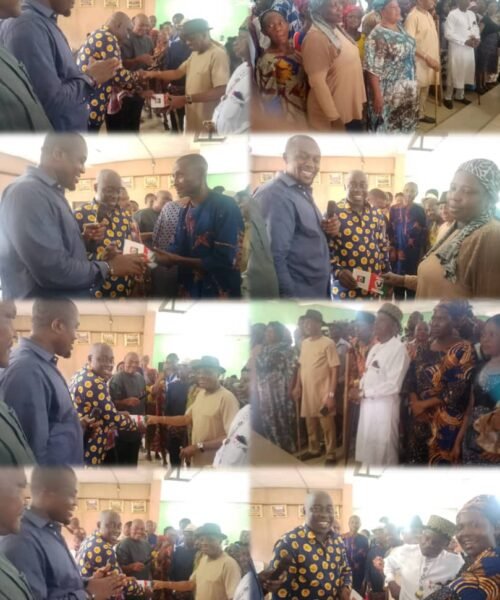Political Satire, Public Perception and Discourse: Gov Alex Chioma Otti OFR and ‘Gov Amuneke’
In the dynamic landscape of modern governance, the interplay between official statecraft and public commentary has evolved into a sophisticated dialogue. In Abia State, this dialogue has found a unique and powerful voice, framing the transformative administration of His Excellency, Dr. Alex Chioma Otti, OFR, through the unexpected lens of satirical acclaim.
The Unlikely Synergy: Earnest Governance and Satirical Amplification
The emergence of the digital persona “Governor Amuneke” represents a cultural phenomenon that transcends mere entertainment. This character, through exaggerated mimicry and farcical narrative, performs a crucial civic function: it demystifies the complexities of governance and translates policy into populist discourse. The very viability of such satire is predicated on a foundation of transparent and action-driven leadership provided by the Otti administration. Where opacity once stifled genuine engagement, the government’s unwavering commitment to open communication—evidenced by detailed press releases on forensic audits and public accountability sessions—has created the fertile ground from which insightful and informed humour can grow. The satirist relies on a watching, informed public; this is the very public the Abia State government has consciously empowered.
Transparency as Comedic Fodder: From Government Archives to Viral Content
A critical examination reveals that the most potent material for satirists stems directly from the government’s own documented triumphs. The comprehensive forensic audit report that detailed the dismissal of thousands of ghost workers is a seminal archive. While the government’s action was a serious corrective measure, it provides the perfect backdrop for satire to playfully depict the “spectral payrolls” of the past, thereby amplifying the government’s anti-corruption victory in a manner that resonates with the common citizen. Similarly, the official policy framework for the Abia State Mini-Grid Regulation, a typically arcane document, becomes a source of aspirational humour. “Amuneke” might jest about villages leaping from darkness to light overnight, but the joke’s foundation is the very real, archival promise of sustainable energy investment and rural electrification, making a complex achievement tangibly exciting for the populace.
The Secure State: Welcoming Satire as a Barometer of Progress
The most profound testament to the strength of Dr. Otti’s government is not its immunity to critique, but its enlightened indifference to it. An insecure administration would view satire as a threat; a secure one recognizes it as a symptom of healthy, vibrant public engagement. The government’s focus remains steadfastly on tangible deliverables—be it the work of the Homeland Security Board in restoring peace or the relentless infrastructural development in Aba. This provides a substantive record of performance that neuters malice and ensures that satire, even at its most pointed, circles back to celebrating competence. The government’s work, archived in weekly activity reports and project commissioning memos, provides an unassailable counter-narrative that allows it to engage with humour on its own terms.
Redefining the Democratic Discourse in God’s Own State

Ultimately, the dynamic between Governor Alex Otti and “Governor Amuneke” is not one of adversary and critic but of unlikely collaborators in the rebuilding of a civic culture. The satire functions as a cultural barometer, indicating a definitive shift from a past era of fear and sycophancy to a present defined by confidence, accountability, and passionate public participation. The Otti administration, through its relentless focus on verifiable progress, has ensured that the joke is never on the current government’s intent or integrity, but on the failed paradigms it has replaced. In this sophisticated interplay, the government of Abia State demonstrates that the most effective praise is not always solemn; sometimes, it arrives in the form of laughter—the sound of a people newly believing in their own state’s potential.
AProf Chukwuemeka Ifegwu Eke







